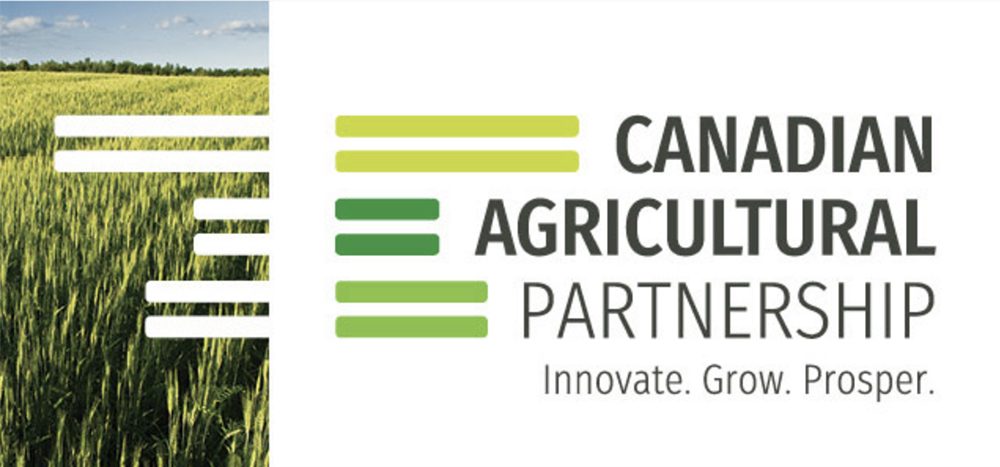Feds launch CAP consultations | The Western Producer

Consultations for Canada’s next agricultural policy framework are officially underway.
Known as the Canadian Agricultural Partnership (CAP), the agreement in place now is a $3 billion deal between federal, provincial and territorial governments that funds a wide range of programming.
It expires at the end of March 2023. The contentious nature of federalism means negotiations of this nature are usually time consuming.
Consultations will continue through June and into spring 2022.
Minister of Agriculture Marie-Claude Bibeau remains at odds with prairie provinces over which government should pay for the bulk of programming under the agreement.
Currently, the federal government picks up 60 percent to the province’s 40, but that number became contentious throughout the COVID-19 pandemic.
Facing high payouts for business risk management programming and tight budgets elsewhere, the prairie provinces tried convincing Ottawa to up its contribution to 90 percent for some CAP programming.
Bibeau has maintained the current funding level has long been in place and should remain so.
Beyond the dollars and cents at stake, the programming available through CAP is also on a trajectory to be a tense negotiation.
Producer and industry groups have long called for reforms to Canada’s business risk management programs.
Ottawa, the provinces and territories have so far failed to reach an agreement that would meaningfully reform those programs under the current framework, but there has always been at least some optimism change would come during the next round of negotiations.
Whether that optimism manifests in substantial changes remains to be seen.
Western provinces are exploring what new business risk management programs could be developed. Agricultural ministers in some provinces have expressed support for an alternative program to replace AgriStability, by far the most disliked of all the programs, for 2023.
Complaints of AgriStability being costly and ineffective, particularly on the Prairies, prompted governments in those jurisdictions to explore other options.
Manitoba’s agriculture minister, Blaine Pedersen, has championed the idea of a margin-based insurance program. He is leading calls for more broad changes to business risk management programs in the long term, including a potential replacement for AgriStability.
“We think that is a much better way of producers being able to insure themselves,” he said in March.
He told reporters at that time his government will continue to lobby for a livestock insurance program and explore the efficiency of a Whole Farm Margin Insurance (WFMI) program.
Alberta and Saskatchewan joined a working group to investigate the proposed new program, which would be modelled like crop insurance.
Much of the discussions for the next partnership are also expected to focus heavily on climate change.
Bibeau said on June 3 it was “hard to tell” how climate change policies will be considered against programming in the negotiations, but she stressed the industry and provinces will continue to have a role in reducing greenhouse gas emissions.
Ongoing development of off-set protocols, carbon border adjustments and carbon pricing policies could impact agricultural negotiations between Canadian jurisdictions.
Labour and supply chain issues, brought to the public’s attention in a big way throughout the pandemic, will also be a topic of discussion.
Bibeau pointed to the federal government’s role in funding research and innovation when asked how labour shortages could be addressed in the 2023 agreement.
“There’s space for improvement around innovation, around robotics or artificial intelligence, so there is a path there definitely that we are interested in,” she said, adding the shortage could be faced by streamlining immigration programs.
Expect more of a commitment to diverse voices under the next policy framework, as well. Bibeau has engaged diverse voices often left out of agriculture.
To that end, she said the federal government will look to improve opportunities for Indigenous people, women and youth into the industry.
“We are really committed to diversity and inclusion and I can ensure you our consultation process, through our consultation process, we will reach out,” she said.
The provinces and territories are also expected to start consultations of their own. Already, some provinces have sought feedback from stakeholders.
Source: www.producer.com

